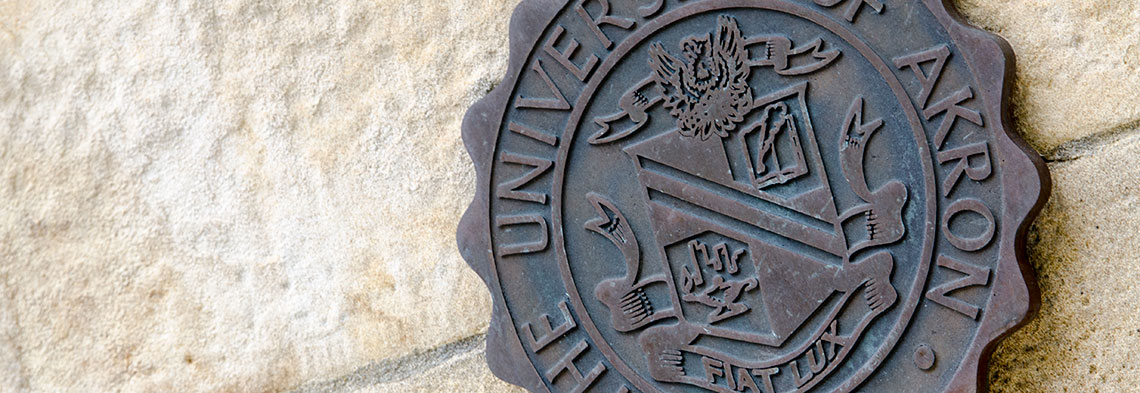Document Type
Article
Publication Date
1-1-1994
Abstract
The Slaughter-House Cases are simultaneously unremarkable and extraordinary. They are unremarkable because the matter at issue -- whether butchers can be required to ply their trade at a central, state-franchised facility -- has long since ceased to be a matter of concern. They are extraordinary because in spite of the fact that three of the Court's significant legal conclusions have been rejected and “everyone” agrees the Court incorrectly interpreted the Privileges or Immunities Clause, the conclusion that the Privileges or Immunities Clause of the Fourteenth Amendment had no meaningful place in our constitutional scheme continues to live on. Even those who have a narrow view of the Fourteenth Amendment conclude that beyond due process and equal protection, the Fourteenth Amendment was “meant to establish some substantial rights” and that “[t]hese were the ‘privileges and immunities of citizens of the United States.”’ Yet almost all sources agree that Justice Miller's majority opinion in the Slaughter-House Cases, or at least its dicta, “virtually scratched [the Privileges or Immunities Clause] from the constitution.” This Article argues that Justice Miller's majority opinion was indeed based on an incorrect reading of the Fourteenth Amendment, and then explores why Justice Miller, as well as the other Justices in the majority and the dissents, reached the conclusions they did. Part I sketches the basis for the view that the Privileges or Immunities Clause of the Fourteenth Amendment was designed to protect substantive rights, primarily the Bill of Rights, from state abridgement. Part II examines the Slaughter-House decision, summarizing the arguments presented by counsel and analyzing the opinions written by Justices Miller, Field, Bradley, and Swayne. Part III critiques Justice Miller's opinion. Part IV seeks to explain the positions of the Justices by examining the political background of each of the Justices and, where available, their personal reactions to the adoption of the Amendment. Part V tests this analysis of the opinions and background of the Justices against the popular and professional commentary on the Slaughter-House opinion from 1873 to 1949.
Publication Title
Chicago-Kent Law Review
First Page
627
Recommended Citation
Richard L. Aynes, Constricting the Law of Freedom: Justice Miller, the Fourteenth Amendment, and the Slaughter-House Cases, 70 Chicago-Kent Law Review 627 (1994).


